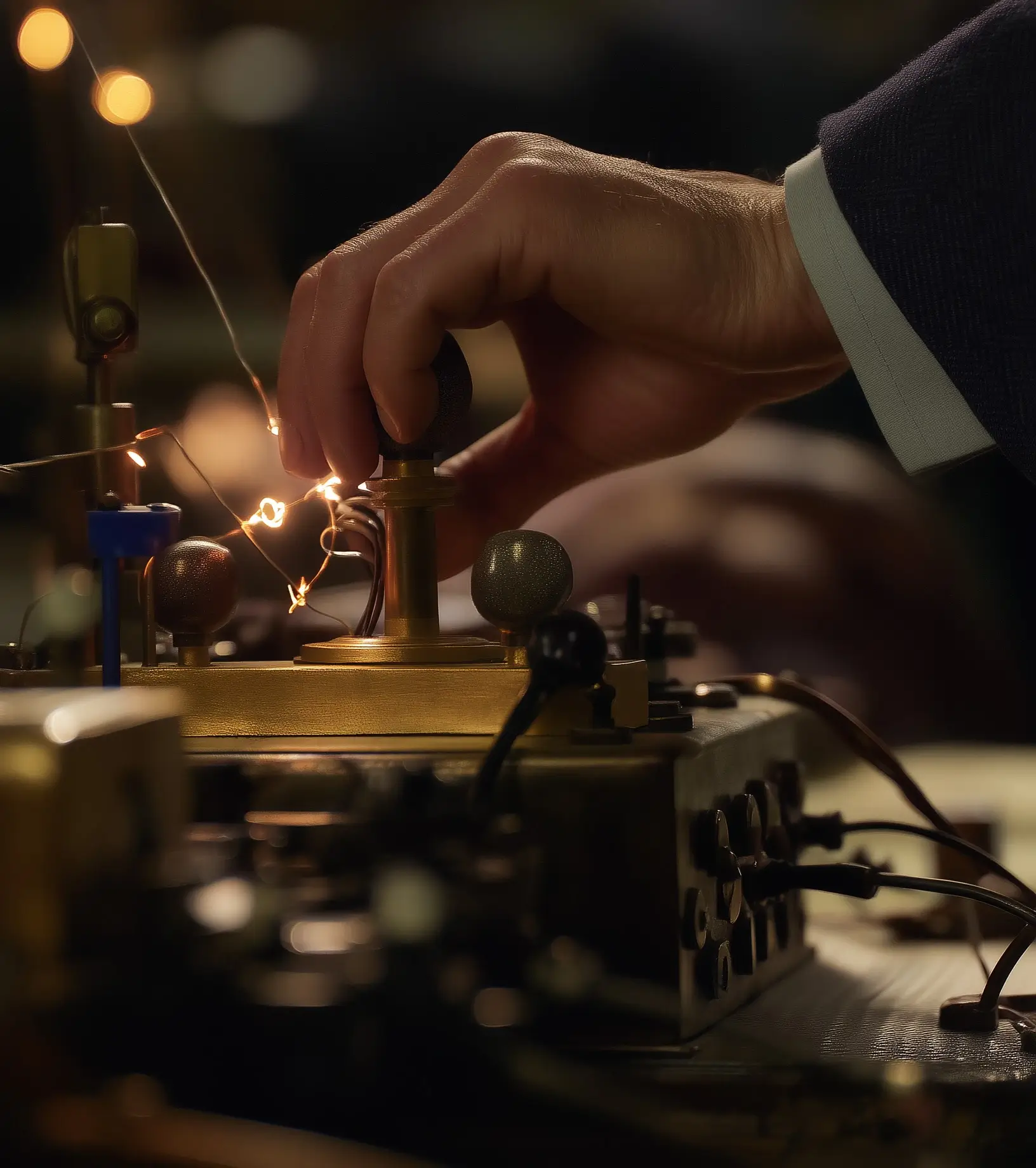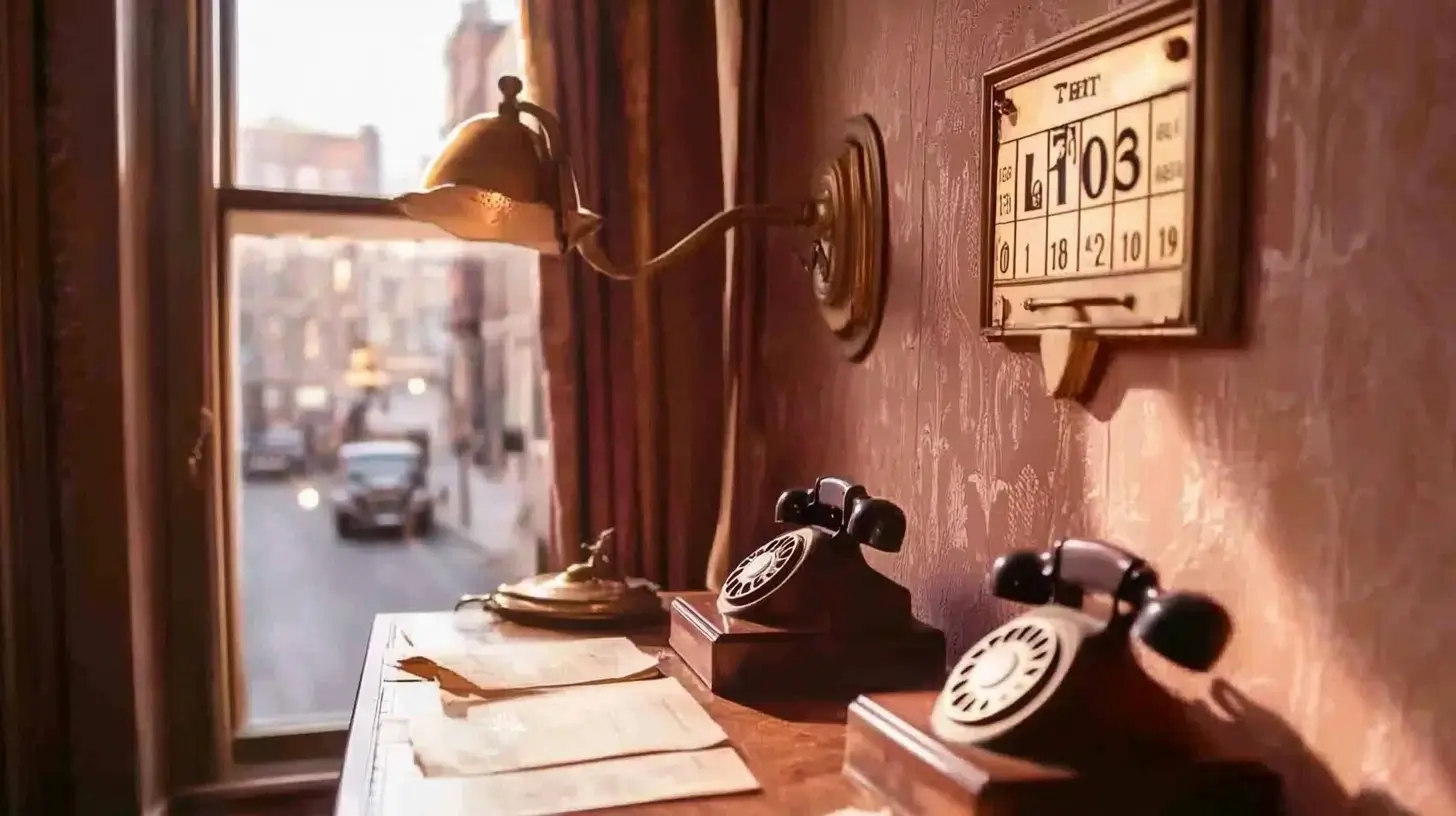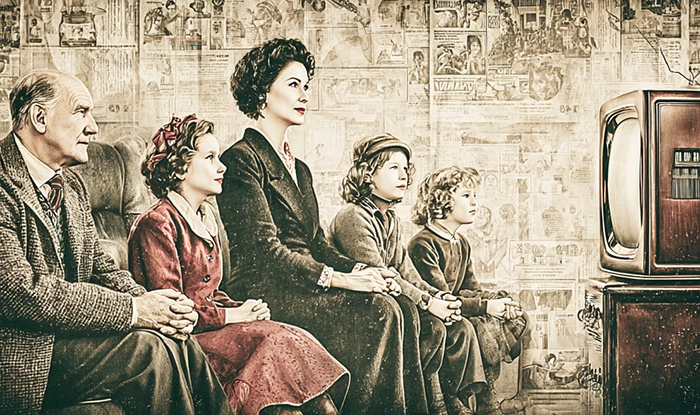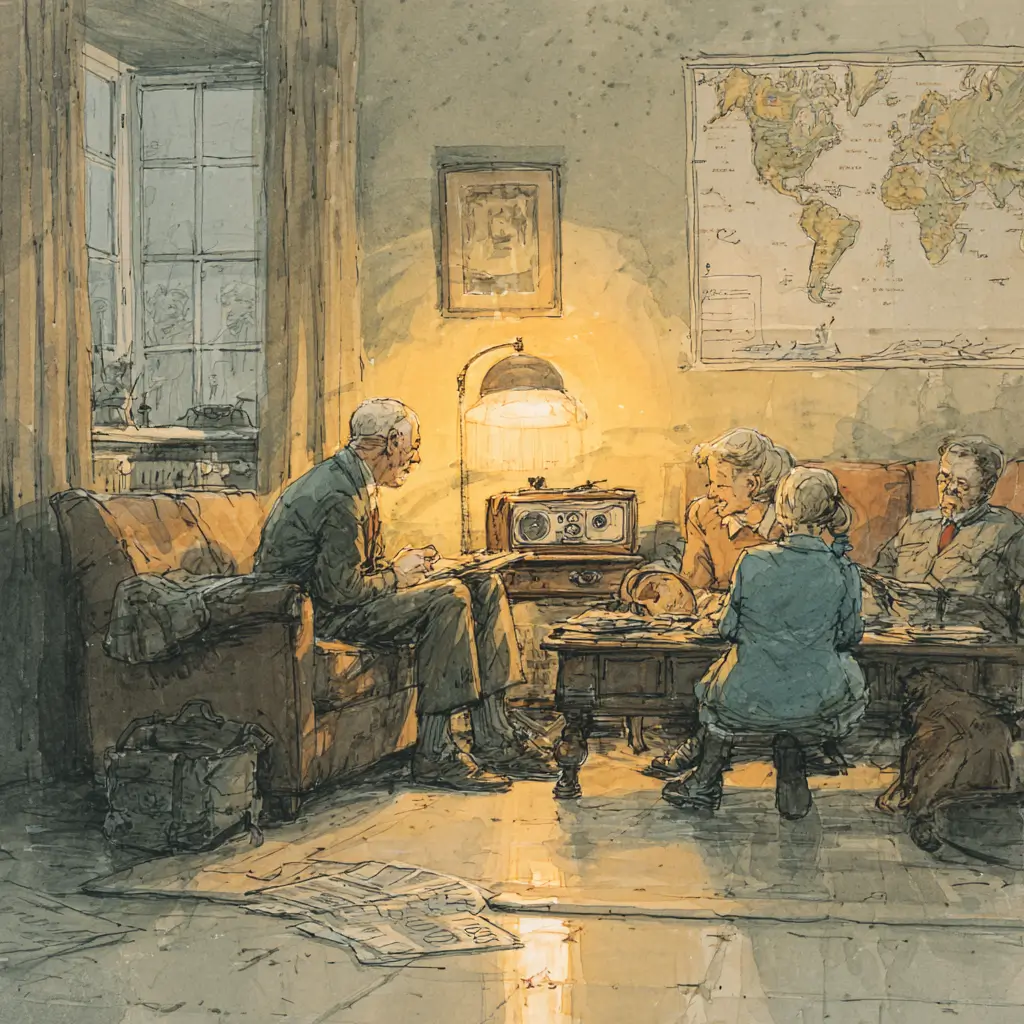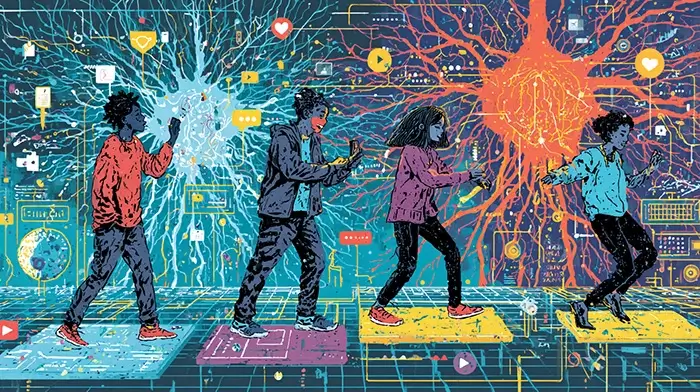📡 The Evolution of Long-Distance Communication
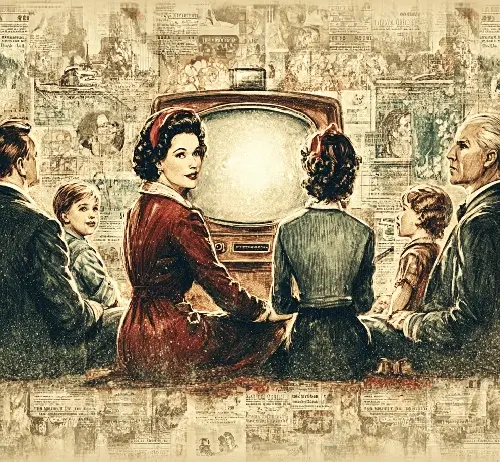
Have you ever stopped to think about how people kept in touch before smartphones? Just imagine: no WhatsApp, no video calls, no social media. How do you think our ancestors worked out ways to communicate across long distances? The history of long-distance communication is fascinating and goes back much further than we might imagine. Throughout centuries, humans have been driven to break down barriers and find ways to reach out to one another, no matter how far apart they were.
Long before modern technology came about, people had to come up with incredibly creative solutions to stay connected. They would set up elaborate systems using smoke signals, where messages could be passed on from one mountaintop to another. When darkness fell, they would light up signal fires that could be picked up by watchful eyes miles away. Ancient civilizations figured out how to carry out complex communications using drums that could be heard across vast distances. Messengers would set off on dangerous journeys, often having to put up with harsh weather and hostile territories just to hand over a single letter.

